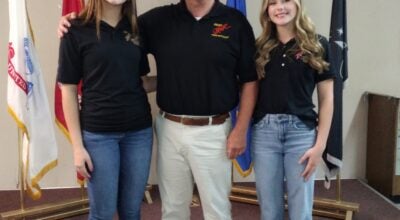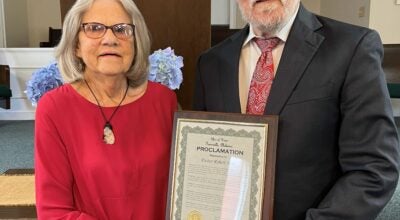Bingo battle rages on
Published 3:38 pm Wednesday, February 10, 2010
Electronic bingo is back in the forefront of Alabamians’ minds as the governor and attorney general continue to disagree over the issue.
Senator Wendell “Walking” Mitchell said he wishes Alabama would reach a solitary position.
“I just wish the courts would come to some final decision and put the issue to rest,” Mitchell said. “If the machines are legal, say so and go on, and if they are illegal, shut them down and go on.”
Mitchell said he is not a gambler and has never been in a casino in his life. Regardless, he said, the issue affects all Alabamians.
“This is like a big cloud hanging over our state affecting everything,” Mitchell Nobody likes that its there and neither do I.”
Rep. Charles Newton, who represents Butler, Crenshaw and Conecuh counties, said the state House of Representatives has not seen a bill regarding this issue yet. He believes it is a different party’s responsibility.
“I feel like the Supreme Court has to agree to take one of these cases and make a ruling,” Newton said. “If they would make a definitive ruling, I am under the impression that the law enforcement of Alabama will adhere to that decision.”
Though at first it seemed a strict issue of morality, recent marches on the state capitol have shown electronic bingo’s interconnection with the economy and jobs.
“I understand the importance of those jobs in Macon County,” Mitchell said. “You just have to weigh all sides of the issue.”
Newton also acknowledged this piece of the gambling puzzle.
“Clearly some legislators have made the case that these jobs are an important part of the issue, but it is still up to the U.S. Supreme Court to decide one way or the other,” Newton said.
Mitchell said that above all, he disagrees with the way it is being handled, saying it’s “not a way to run a railroad.”
“If there is something wrong with these machines, they can go out during the daytime,” Mitchell said. “I don’t like these midnight raids using hundreds of state troopers and costing taxpayers money.”





